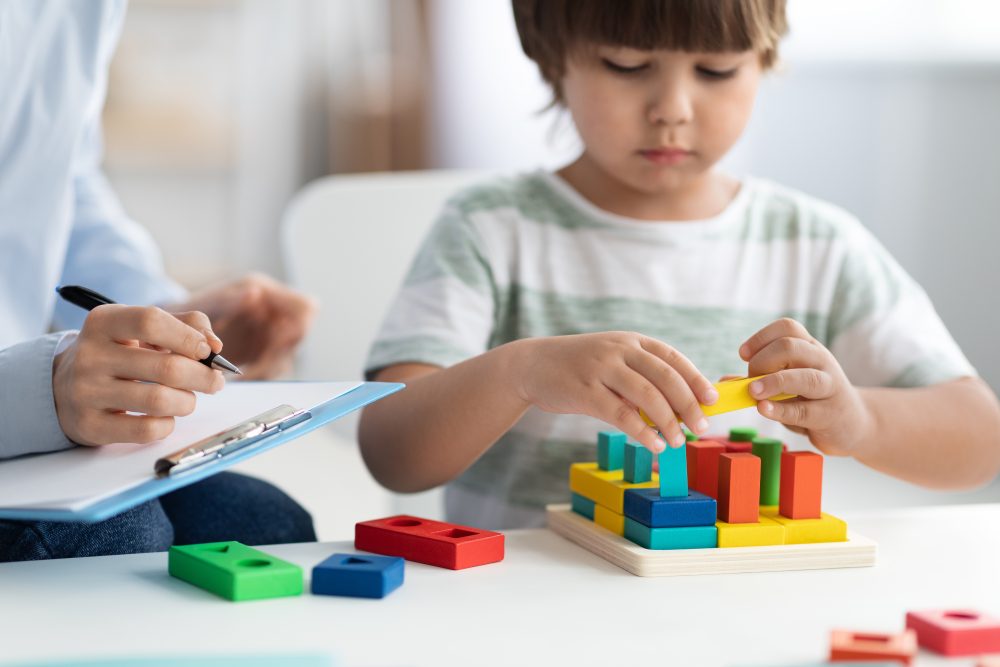Bond-Building: Play-Oriented Family Therapy with Young Children
It can be surprisingly hard to do for some of us parents. Playing. Of course, we parents have to teach our children to make safe choices, to consider how their actions impact others, to realize that the world doesn’t always revolve around them, to not chew the PJ Mask’s feet off and to not pick their noses! This role of behavior cop becomes second nature in some form to the most devoted of parents, and without these consistent lessons, our kids would not learn one of the most valuable skills they will need in life: self-regulation. This discipline ethic, however, cannot by itself create or sustain the close parental relationship which helps children thrive and which builds the strong bond that lasts a lifetime.

The art of playing with your child can feel like a mystery for many parents, particularly for those of us who didn’t get great examples of it when we were children, and for those of us who worry that chaos will take over forever if we take the cop hat off and enter their world of play for a bit. Family therapy that includes very young children will often focus on helping parents to engage fully in their child’s world of play, to resist the urge to teach and the urge to try and shape their behavior in those moments, but instead to let go of authority and literally get down on their level, to show up as an “extra” in their impromptu vignette, and to start by just picking up a toy and joining in, noticing aloud some details of their play world in a way that conveys genuine intrigue.
A skilled family therapist can help demystify this process of play, help us practice our own self-regulation to resist snapping back into parent mode to tell them that turtles can’t fly (or whatever) or that they shouldn’t mix the legos with the puzzle pieces because it will take too long to sort out before dinner time, or that they need to go wipe their nose. The bond between the you and your child that can be strengthened by your regular participation in their play world can have benefits for both of you for decades to come. A teen who feels closer to a parent because of these early bonding experiences may be more likely to talk to that parent when their peer group inevitably starts experimenting with alcohol or drugs, or if they are feeling overwhelmed by other difficult aspects of adolescence or young adulthood, and the deep satisfaction of having close friendships with your children when they become adults (and parents) themselves is uniquely fulfilling.
To schedule a play therapy sessions with one of our therapists, contact us today at Family Restoration Counseling Services.
